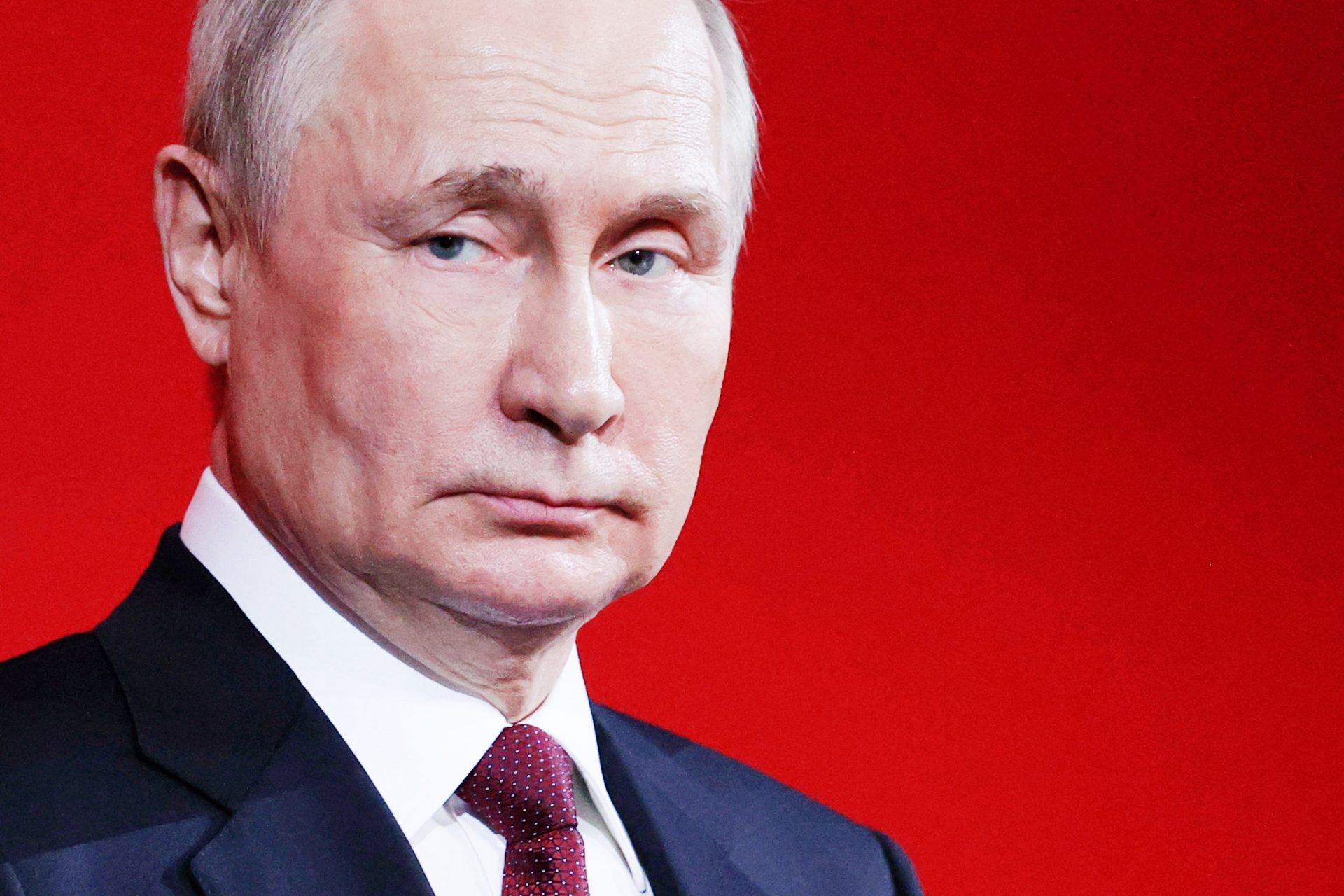Canada's illegal migrant crossing loophole has finally been closed
The illegal migrant crossing loophole at Roxham Road has finally been closed by Canadian and American officials who announced Roxham's closure after President Joe Biden visited Canadian Prime Minister Justin Trudeau in mid-March.
According to Global News, under the new treaty both Canada and the United States will recognize each other as safe countries, which will prevent illegal migrants from crossing at Roxham Road and using an asylum claim as a means to be unofficially allowed to enter Canada via the irregular crossing.
“It’s short-sighted, both for Canada and for refugees,” Maureen Silcoff, a Canadian immigration lawyer, told Global News. "The solution would have been to end the agreement and allow people to cross at official ports of entry and seek asylum, allowing provinces across the country to receive them.”
Silcoff explained that she doesn't believe the new agreement will stop immigrants from trying to get into Canada, it will only force them to do it in more dangerous ways. “Refugees should never be politicized," Silcoff said. "People will potentially die."
In early February, Canadians were surprised to learn that migrants from New York were being given free passage to Canada by the city's mayor, Eric Adams—a situation that set off a political firestorm in Canada.
"If they are seeking to go somewhere else,” Adams told Fox 5 New York in a February 6th interview, “we are helping in the reticketing process."
"Some want to go to Canada, some want to go to warmer states, and we are there for them as they continue on," Adams added.
Adams confirmed that the city was providing migrants with free bus tickets that would help them reach their end destinations, and for many, that was Roxham Road.
Roxham Road is a stretch of road that runs from Plattsburgh, New York into Quebec, Canada, and it was an irregular border crossing where asylum seekers were allowed to walk into the country without any repercussions.
“Since 2017, more than 60,000 asylum seekers have entered Canada through such irregular routes from the US,” Alexandria Tremayne-Pengally of The Guardian.
Prospective refugees were allowed to enter Canada via Roxham Road because of a now well-known loophole that was accidentally written into a 2004 treaty between Canada and the United States.
“The Safe Third Country Agreement, Tremayne-Pengally wrote, “stipulates that asylum seekers in either country must seek refugee protection in whichever country they first arrive and will be turned away from ports of entry to the other nation.”
Unfortunately, both countries overlooked the wording and did not include irregular crossings in the agreement, which meant that refugees seeking asylum could enter Canada between official ports of entry.
"The gist of the agreement is that the asylum seeker is already in a safe country, and thus doesn’t need Canada’s protection," wrote Tristain Hopper of The National Post. But there’s a catch.
Migrants who came to Canada via Roxham Road were breaking Canadian law and were informed that they would be arrested unless, of course, they said that they were seeking asylum.
“Canada makes an exception for nationals who do so for the purpose of claiming asylum,” Hopper wrote, which is why migrants are allowed to enter Canada via Roxham Road without being arrested and deported.
The loophole has now been corrected under the new treaty between the United States and Canada, and officials are hoping it will stem the tide of migrants looking to cross into Canada illegally.
Over 50,000 people entered Canada via Roxham Road in the last two years according to figures from CBC News, and such a high number of new arrivals put local government officials in the area on edge.
Quebec’s provincial government launched an “all-out campaign” to get Roxham Road closed by any means necessary according to Hopper.
On February 14th, Quebec Premier Francois Legault met with the U.S. Ambassador to Canada in order to get American support for Roxham Roads’ closure and provincial officials began shipping new arrivals to other Canadian provinces.
“Since Saturday, asylum seekers who have been arriving in Quebec are being redirected towards other provinces, with a few exceptions,” Quebec Immigration Minister Christine Fréchette said on February 14th.
Photo: Twitter@cfrechette
On February 15th, Legault called on Prime Minister Justin Trudeau to discourage migrants from coming to Canada via Roxham according to Global News, though Trudeau didn't comment publicly.
It turned out the reason Trudeau was reluctant to comment on Roxham Road was because he had reached a deal with the United States to close the loophole allowing migrants to come to Canada via Roxham nearly one year earlier according to CBC News.
"Government officials kept the agreement under wraps until the official announcement because they were worried about triggering a stampede at the border," wrote Alexander Panetta and Philip Ling of CBC News.
More for you
Top Stories





































